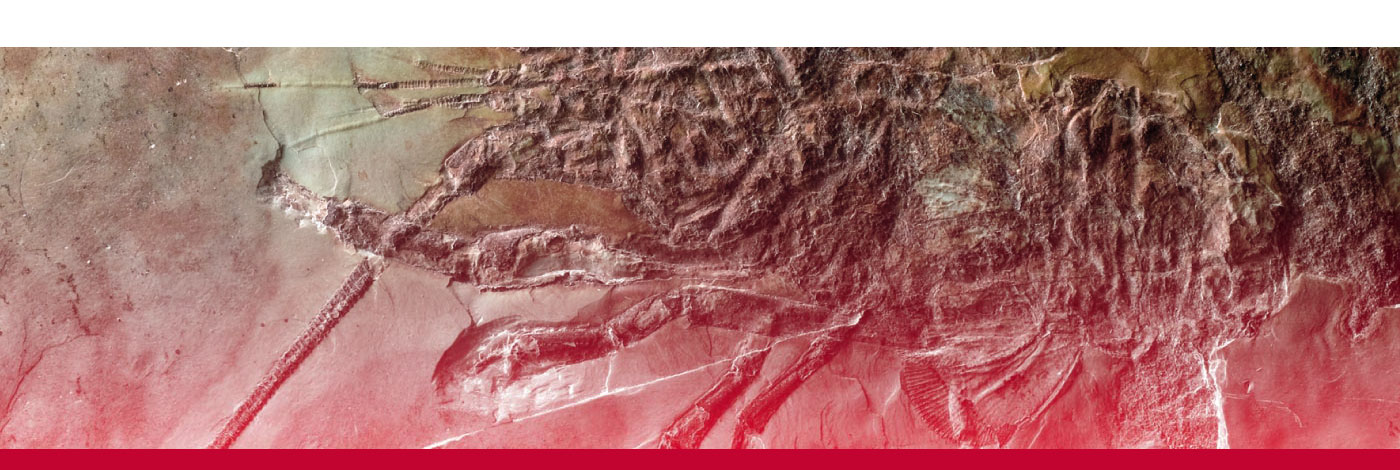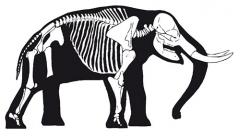

 Geodiversitas
32 (4) - Pages 663-721
Geodiversitas
32 (4) - Pages 663-721I present here a revision of the late Pleistocene Haplo-mastodon chimborazi (Proaño, 1922) material from Bolivar, Ecuador and a comparison with other New World trilophodont gomphotheres, and provide new morphological data in order to develop a novel phylogenetic hypothesis of South American (SA) proboscideans. Haplo-mastodon Hoffstetter, 1950 includes a single SA species whose valid name is H. chimborazi. Haplo-mastodon waringi (Holland, 1920) is considered to be an invalid taxon as it is based on undiagnosed material. Phylogenetic analysis supports the monophyly of SA gomphotheres (Cuvieroniinae) H. chimborazi, Cuvieronius hyodon (Fischer de Waldheim, 1814), and "Stegomastodon" platensis (Ameghino, 1888), based on five unambiguous characters. Conflicting evidence regarding the interrelationships of SA gomphotheres leads to three possible alternative hypotheses: two paired associations ((H. chimborazi,“S.” platensis) C. hyodon) and ((C. hyodon,“S.” platensis) H. chimborazi), and a trichotomy. These imply that the ancestral separation of the three SA taxa might be either the result of two successive dichotomous branchings or of a single trichotomous branching event. The latter hypothesis would be consistent with the disjunct fossil distribution of the three SA gomphothere species. “Stegomastodon” platensis is shown to be not closely related to North American (NA) Stegomastodon Pohlig, 1912, supporting its removal from the latter genus. The NA species Rhynchotherium cf. falconeri Osborn, 1923 is placed as the sister taxon of SA gomphotheres, on the basis of four unequivocal characters. NA Stegomastodon and the Asian Sinomastodon Tobien, Chen & Li, 1986 form successive outgroups to the previous clade together with whom they form a monophyletic group which includes all the brevirostrine species considered, along with the “depressed-beaked” gomphothere Rhynchotherium Falconer, 1868. The results of the present phylogenetic analysis indicate a rather high level of homoplasy in the evolution of New World gomphotheres.
Mammalia, Proboscidea, Gomphotheriidae, Haplomastodon, Stegomastodon, South America, Ecuador, Pleistocene, osteology, phylogeny.